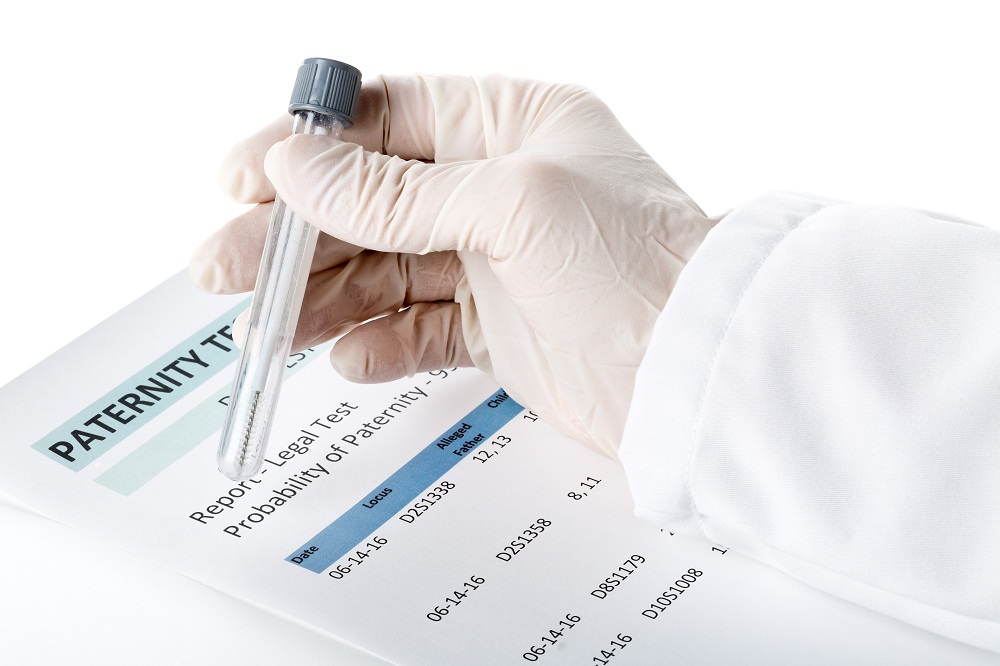Can You Do a Paternity Test before the Baby Is Born?

When a mother is expecting a baby but is unsure who the biological father is, there are numerous reasons to get paternity testing in Jackson, MS. Knowing the father is important for personal reasons, but it’s also good for legal, financial, and health history purposes as well. Many people mistakenly assume that doing DNA testing for paternity can only be done after the baby is born, but it’s both safe and effective to do paternity testing before a baby is born. Here’s what you need to know about the benefits of having the test done before the baby is born and what options you have to choose from for prenatal DNA testing.
Benefits of Prebirth Testing
It’s important to determine the paternity of the baby before birth for a few reasons. First of all, if there are going to be legal issues in regard to who the father is, it’s best to get that taken care of now to reduce stress throughout the pregnancy and to help the legal process go more smoothly. Knowing the paternity can help get a head start on figuring out child support and custody if there’s no intention of marrying the father so that it’s not an issue once the baby comes. If you do intend to include the biological father in the birth preparations as well as the birth itself, knowing the paternity beforehand is vital. Most DNA testing centers are able to return the results of a paternity test in just a few days. Finding out quickly allows you to involve the father in birthing classes; picking out baby gear; and being present for ultrasounds, doctor’s appointments, and other important events in preparation for the baby’s arrival. It also ensures you have someone at your side during the birth that’s personally invested in the baby and that the right person is listed on the birth certificate with a signature as well.
DNA Testing Options
A major concern many pregnant women have when considering doing a paternity test before the baby is born is the safety of the test. There are two basic types of prenatal paternity tests that are more invasive options and that are administered or ordered by a doctor. The first is chorionic villus sampling, which can be done between weeks 10 and 12 of the pregnancy. This requires a small placenta tissue sample, which is obtained using a needle. Amniocentesis is another more invasive procedure that can be done between weeks 14 and 20. A small amount of amniotic fluid is obtained. Both of these compare the baby’s DNA with a sample obtained from the potential father. There are risks to both of these procedures, which is why most women opt for a noninvasive method instead.
Noninvasive Testing
Noninvasive paternity testing is a relatively new method, but like other types of paternity testing, it’s highly accurate. This test can be done as early as seven or eight weeks into the pregnancy. The test requires a sample of DNA from the father, typically saliva taken with a swab. The baby’s DNA is found in the mother’s bloodstream, so the paternity can be determined with 99.9% accuracy. The method of DNA collection will vary depending on whether the test is for personal or legal reasons. To learn about the different options offered by a DNA testing clinic in Jackson, MS, contact Mobile Drug Screen Inc. today.

[…] child and one potential father. This would be a non-legal test that both parties elect to do. For a legal paternity test, the process is more extensive, which means the cost for one child and one potential father is […]
Interested in getting a dna of my unborn child ? Need info on pricing and payment plans
I live in Germamy so I need to know about Paternity test befor baby born , I wanna know how much it cost and where I can go to do paternity test?
[…] of your child is in question for any reason you may wonder about just how early can you do a paternity test? Well, the answer is that you can actually do a paternity test before your child is even born, […]